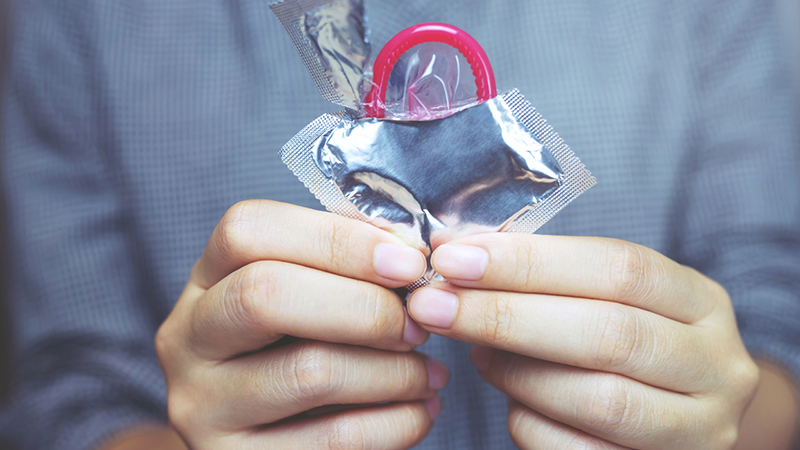Causes and Diagnoses
Causes and Diagnoses of Syphilis
Syphilis is caused by a bacterial infection that’s transmitted by vaginal, anal or oral sex, or during a vaginal birth. The incubation period after exposure to syphilis is three weeks to three months before symptoms (if any) appear.
Diagnosing syphilis
A diagnosis of syphilis may begin with a physical exam (including a pelvic exam for women) and a discussion of your symptoms. Tests may include:
- Blood test: A blood sample will be taken to help identify the bacterium responsible for syphilis.
- Other lab tests: If a chancre is present, a swab of fluid from the chancre may be taken for study.
- Lumbar puncture (spinal tap): If syphilis has advanced, a sample of spinal fluid may be taken to determine if it has spread to the central nervous system.
Your sample may be checked for other sexually transmitted diseases at the same time, since you’re at a greater risk of contracting:
- Chlamydia
- Gonorrhea
- Human immunodeficiency virus (HIV)
If your physician suspects syphilis, do not have sex until:
- The test comes back negative
You have waited seven days after finishing your prescription for antibiotics



